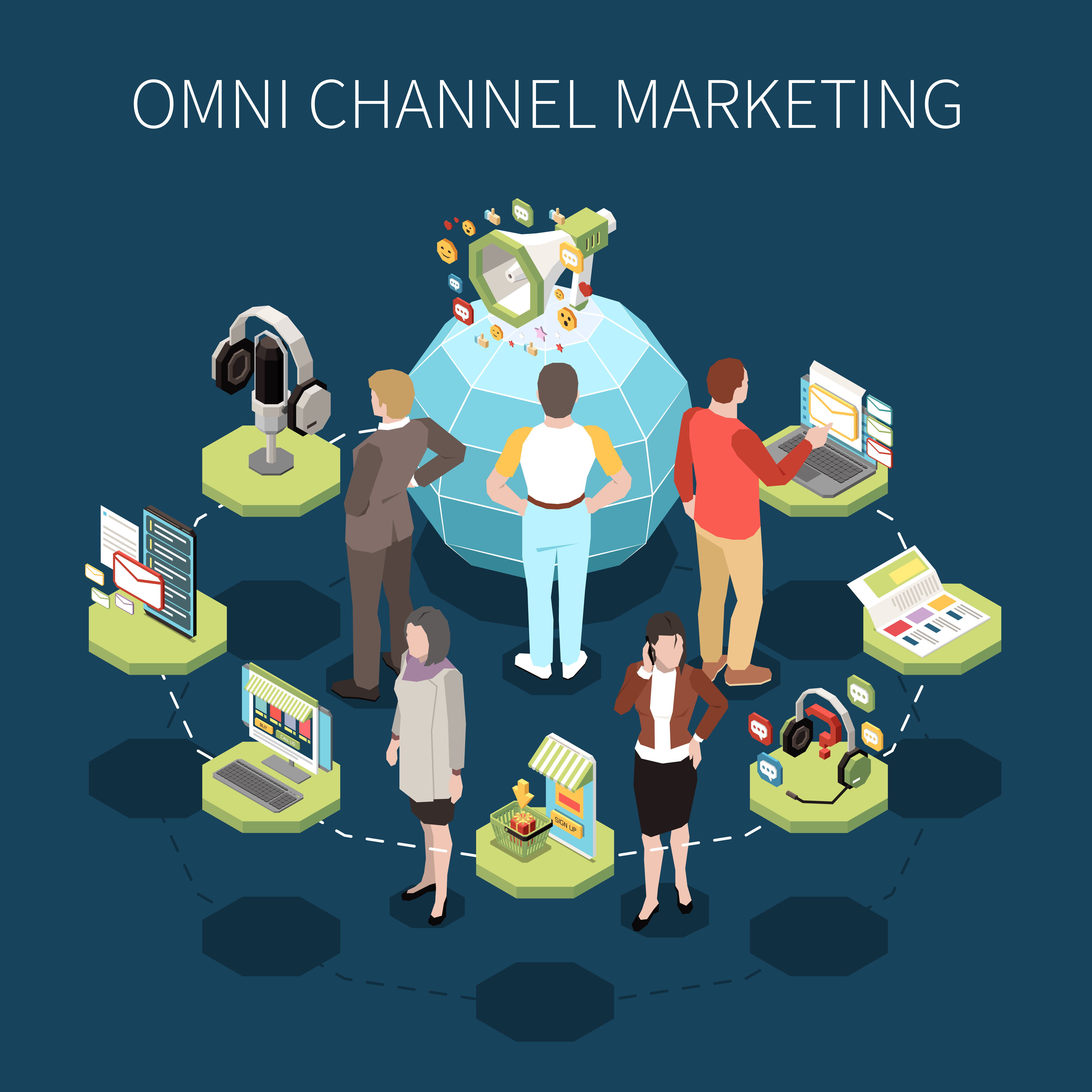In the ever-evolving landscape of digital marketing, businesses are constantly seeking innovative strategies to reach their audiences effectively. As we step into 2025, affiliate marketing continues to solidify its position as a cornerstone of successful digital marketing campaigns. This performance-based marketing approach connects businesses with content creators, influencers, and publishers to drive traffic, leads, and sales. Here's why affiliate marketing remains a vital strategy in 2025 and how it shapes the future of digital marketing.
What is Affiliate Marketing?
Affiliate marketing is a collaborative model where businesses reward affiliates (partners) for driving traffic or sales through their promotional efforts. Affiliates promote products or services using unique tracking links, earning commissions for each successful conversion—be it a sale, lead, or click. This win-win structure allows brands to expand their reach while affiliates monetize their platforms.
In 2025, affiliate marketing thrives due to its cost-effectiveness, scalability, and alignment with modern consumer behavior. Let’s dive into why it’s indispensable for digital marketing strategies.
Why Affiliate Marketing Matters in 2025
1. Cost-Effective and Performance-Driven
Unlike traditional advertising, where businesses pay upfront for uncertain results, affiliate marketing operates on a pay-for-performance model. Brands only pay commissions when affiliates deliver measurable outcomes, such as sales or leads. This minimizes financial risk and ensures a high return on investment (ROI).
In 2025, with rising ad costs on platforms like Google and Meta, businesses—especially small and medium enterprises—are turning to affiliate marketing to optimize budgets. By leveraging affiliates, brands achieve targeted exposure without overspending.
2. Expands Reach Through Trusted Voices
Consumers today are skeptical of overt advertising. They trust recommendations from influencers, bloggers, and niche content creators far more than traditional ads. Affiliate marketing taps into this trust by partnering with individuals who have loyal, engaged audiences.
In 2025, the rise of micro-influencers and niche affiliates amplifies this trend. These creators, with smaller but highly dedicated followings, deliver authentic promotions that resonate deeply. For example, a fitness brand partnering with a micro-influencer specializing in home workouts can drive conversions more effectively than a generic ad campaign.
3. Aligns with Evolving Consumer Behavior
The digital marketplace in 2025 is dominated by informed consumers who research extensively before purchasing. Affiliate marketing integrates seamlessly into this journey by providing valuable content—like reviews, tutorials, and comparisons—through affiliate channels. These resources guide consumers toward informed decisions, enhancing trust and loyalty.
Moreover, affiliates often leverage content marketing, SEO, and social media to promote products, ensuring brands appear where their audiences are most active. This multi-channel approach keeps affiliate marketing relevant in a fragmented digital ecosystem.
4. Leverages Advanced Technology
Technology is reshaping affiliate marketing in 2025. Artificial Intelligence (AI) and data analytics enable brands to optimize campaigns with precision. AI tools analyze affiliate performance, predict consumer trends, and recommend high-performing partners. Meanwhile, blockchain technology enhances transparency by ensuring accurate tracking and fair commission payouts.
Additionally, attribution models have evolved to account for multi-touchpoint journeys. In 2025, brands can better understand how affiliates contribute to conversions across email, social media, and websites, allowing for smarter budget allocation.
5. Boosts Scalability for Businesses
Affiliate marketing is inherently scalable, making it ideal for businesses of all sizes. Startups can collaborate with a handful of affiliates to test markets, while established brands can manage vast networks to dominate industries. In 2025, affiliate platforms like Amazon Associates, ShareASale, and CJ Affiliate streamline these partnerships, offering tools to track, manage, and scale campaigns effortlessly.
This scalability is particularly crucial as global e-commerce continues to grow. With affiliates promoting products across borders, brands can tap into new markets without heavy investments in local advertising.
Key Trends Shaping Affiliate Marketing in 2025
To stay competitive, businesses must adapt to emerging trends in affiliate marketing. Here are the top trends to watch in 2025:
- Video Content Dominance: With platforms like TikTok, YouTube, and Instagram Reels leading the way, affiliates are increasingly using short-form videos to showcase products. Video reviews and tutorials drive higher engagement and conversions.
- Sustainability and Ethics: Consumers in 2025 prioritize brands with ethical practices. Affiliates promoting eco-friendly or socially responsible products gain traction, aligning with values-driven purchasing.
- Voice Search Optimization: As voice assistants like Alexa and Siri grow, affiliates optimize content for voice search queries, capturing audiences who shop via smart devices.
- Subscription-Based Models: Affiliates are promoting recurring revenue products, such as subscription boxes and SaaS tools, to earn ongoing commissions.
- Hyper-Personalization: Using AI-driven insights, affiliates deliver tailored promotions to specific audience segments, boosting relevance and conversion rates.
How to Succeed with Affiliate Marketing in 2025
To harness the power of affiliate marketing, businesses and affiliates should adopt these best practices:
- Choose the Right Partners: Collaborate with affiliates whose audiences align with your target market. Quality trumps quantity—focus on trust and relevance.
- Provide Valuable Resources: Equip affiliates with high-quality creatives, product samples, and exclusive offers to enhance their promotions.
- Optimize for Mobile: With mobile commerce soaring, ensure affiliate links and landing pages are mobile-friendly for seamless user experiences.
- Track and Analyze Performance: Use analytics tools to monitor clicks, conversions, and ROI. Adjust strategies based on data-driven insights.
- Stay Compliant: Adhere to regulations like GDPR and FTC guidelines, ensuring transparency in affiliate disclosures to maintain consumer trust.
The Future of Affiliate Marketing
As digital marketing evolves, affiliate marketing will remain a dynamic force in 2025 and beyond. Its ability to adapt to technological advancements, consumer preferences, and economic shifts ensures its longevity. By fostering authentic partnerships and leveraging cutting-edge tools, businesses can unlock unparalleled growth through affiliate marketing.
In conclusion, affiliate marketing is not just a tactic—it’s a strategic pillar of digital marketing in 2025. Whether you’re a brand seeking cost-effective growth or a content creator looking to monetize your platform, affiliate marketing offers endless opportunities to thrive in the digital age. Embrace it, optimize it, and watch your success soar.




